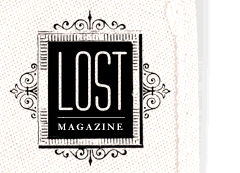 |
Heaven on the Half Shell
|
When Mark Twain came to live in San Francisco in 1863, he called the Occidental Hotel "Heaven on the half shell" because of the vast spreads of oysters and other shellfish served there. These feasts relied on the health of the estuary surrounding the city — as did the rest of the seafood and game that then characterized San Franciscan cuisine.
In Twain's day, and for decades after, San Francisco hotels and restaurants served an assortment of hare, antelope, elk, curlew, goose, partridge, snipe, plover, and quail at every large banquet, along with the inevitable local shellfish. One 1853 testimonial dinner included five varieties of duck as a small part of a game course; venison, bear, and more nestled among the entrees.
From the shellfish of open-water reefs, to the migrating waterfowl resting in the marshes, to the deer and elk (and the bears that fed on them) found among the tule reeds, wild fish and game helped to define San Franciscan food. But though hunting and overfishing contributed to some of the decline of the region's wildlife, the real collapse was caused by the swift destruction of much of the wilderness it depended upon.
The estuary was a place of cycles and connections. Oysters needed the same clean water as the salmon Twain loved; oyster reefs collected nutrients and plants that the salmon fed and fattened on; grizzlies ate the salmon on the edge of marshes that rotted and sluiced to feed the salmon. These cycles carried themselves out throughout the year, some obvious, others hidden until they were gone.
When the estuary was healthy, wild food was on the menu. When the waters silted up with the mercury-laden runoff from Sierra gold mining, the life of the bay became less complex, less interesting, less connected; at last the great estuary was more a highway than a fountainhead, and changes to the surrounding wilderness changed the city, down to its very last dining table.
BACK TO TOP
===========================================================================================
|





 Print
Print


